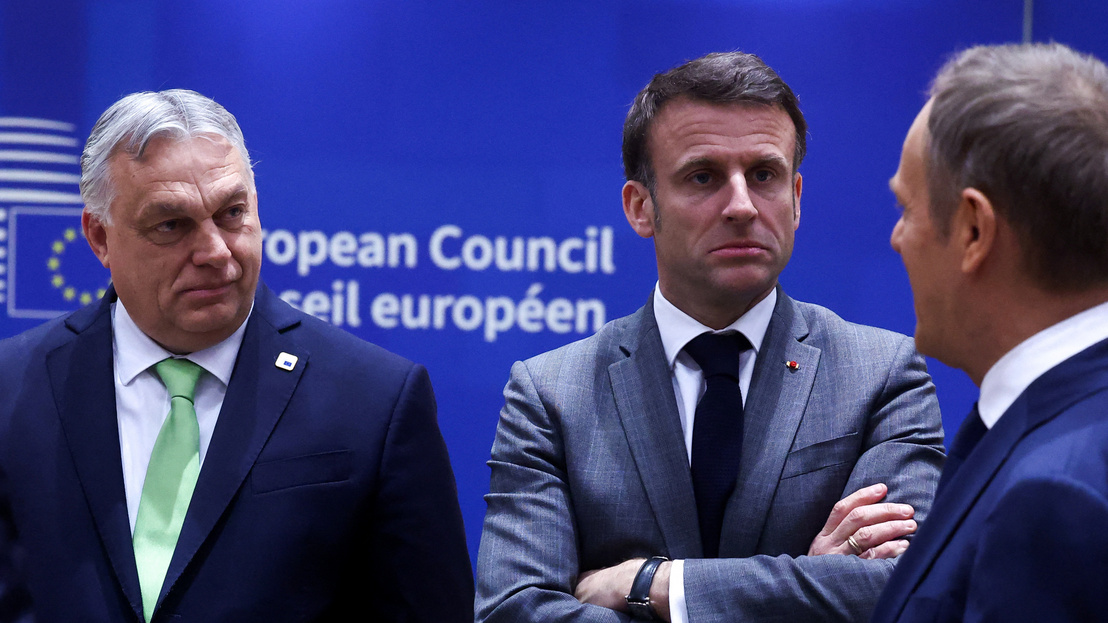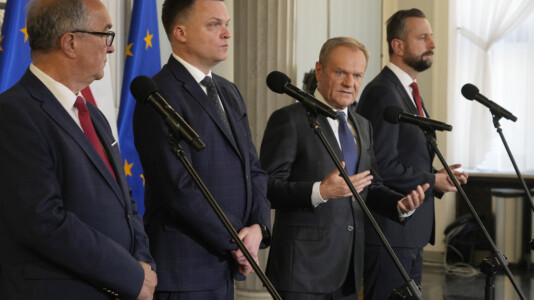An unlikely alliance is forming in the European Union over Ukrainian grain. While Brussels has worked to facilitate trade with Ukraine, which is currently fighting a defensive war against Russia, several member states do not agree that Ukrainian agricultural products should enter the EU market without customs duties. Hungarian Prime Minister Viktor Orbán says this is the most important issue at the current EU summit, and he has found partners to address it.
Some member state leaders disagree with Wednesday morning’s agreement between the European Parliament and the Council of the European Union on Ukrainian agricultural products, mainly cereals, which would extend duty-free imports of Ukrainian agricultural products for one year, according to Hungarian news outlet Index.
Hungary, along with Poland, opposes the decision because of the negative impact on their own markets, a position joined by France, which has called for stricter rules, according to Politico.
The EU has responded by introducing a cap on poultry and oats and other types of grains coming into the EU from Ukraine. However, barley and wheat will still continue to flow into the EU duty-free.
The new regulation “provides for an emergency brake for poultry, eggs and sugar,” as well as “oats, maize, groats (a grain with the shell removed) and honey,” a press release from the European Parliament read.
A French government source told France24 that “work is underway to enable Ukrainian agricultural products to return to their original markets in Africa and the Middle East, to which access had been somewhat closed off by the conflict, so that they do not remain blocked in Europe.”
Last year, imports of Ukrainian grain were opposed by countries close to Ukraine, namely Poland and Hungary, but also Slovakia, Romania and Bulgaria, which all said it would harm their own farmers.
The EU parliament and the council agreed on a number of safeguards. For example, the European Commission can apply emergency brakes on certain products, while it can reintroduce duties on Ukrainian grain if imports exceed the average of the last two years. Nevertheless, several member states disagreed, arguing that these safeguards were not enough.
One of the demands of the farmers’ protests across Europe, partly over Ukrainian grain, was a ban on imports of grain from outside the EU, which has made Ukrainian grain a hot topic at the EU level — despite the fact that EU member states import more Russian grain than Ukrainian, according to Politico figures.





